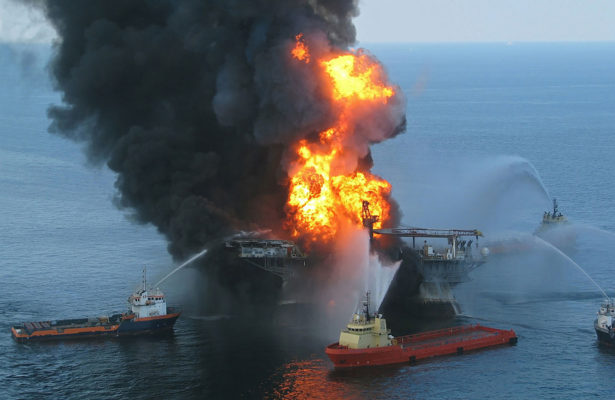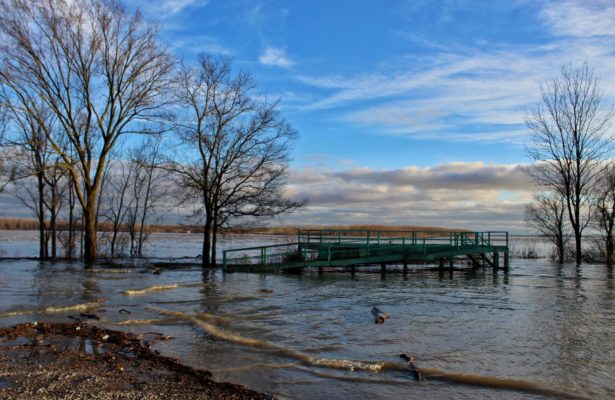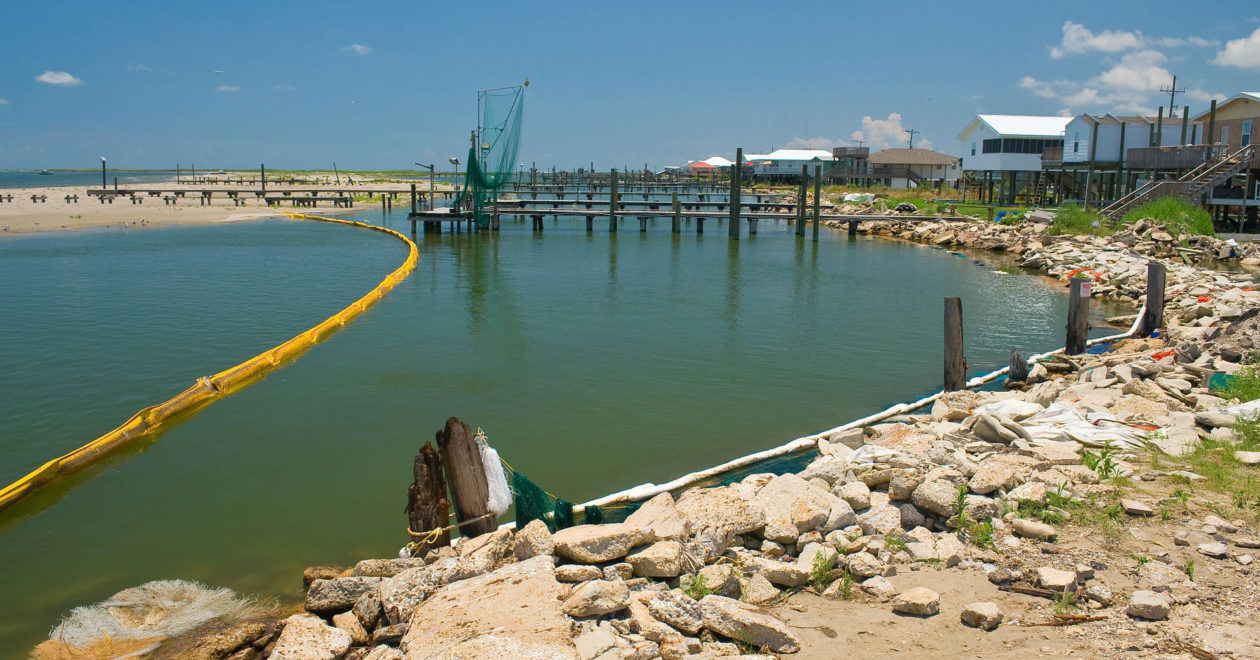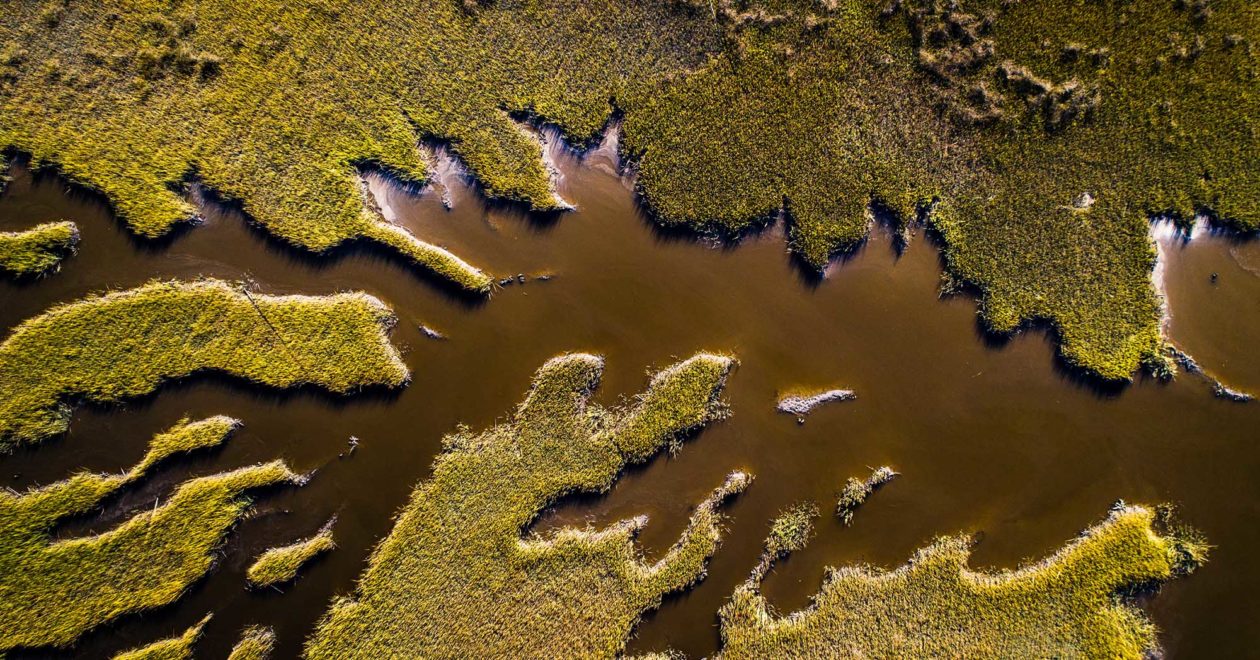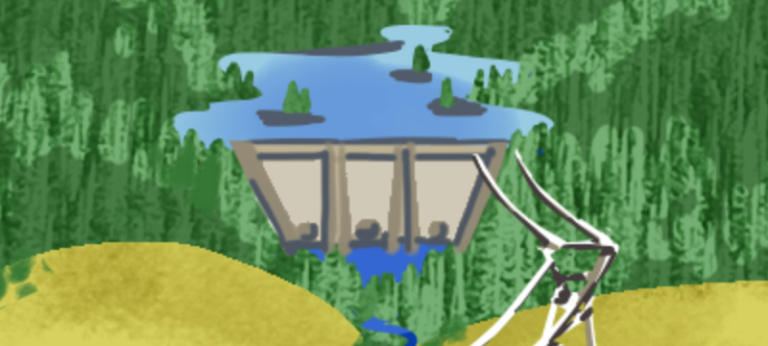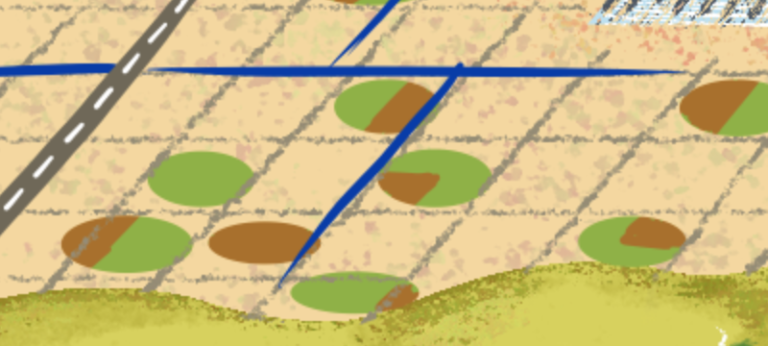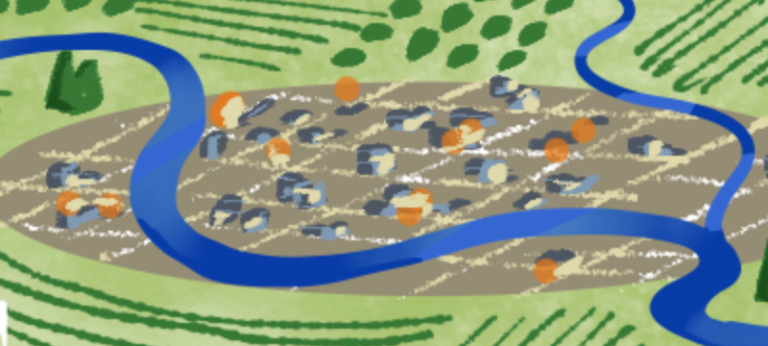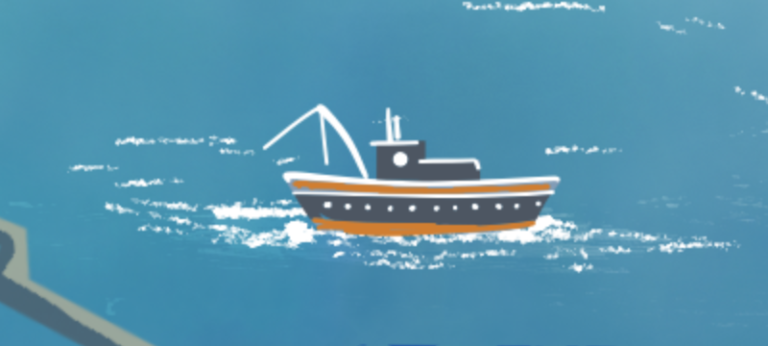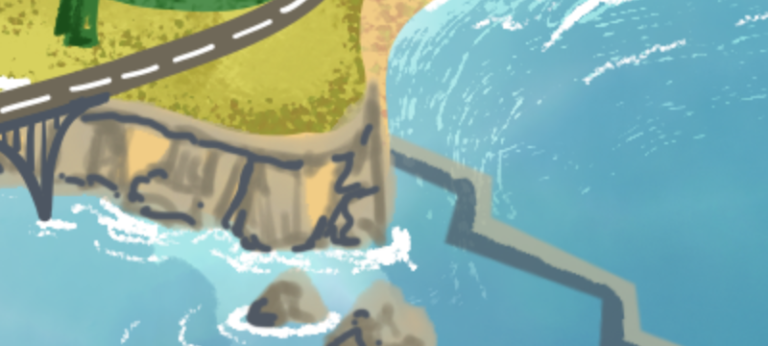Problem
Louisiana faces a coastal land loss crisis, which has been exacerbated by intensifying tropical storms, sea level rise, and events like the Deepwater Horizon oil spill. Faced with coastal land loss rates averaging as much as an acre per hour, Louisiana must invest strategically in coastal restoration projects that will maintain ecological function and protect people and infrastructure. The Deepwater Horizon oil spill settlement created a pool of resources that is being used to help fund some of this restoration, but these funds cannot be released without following a prescribed restoration planning process through the Louisiana trustee implementation group. Louisiana needs support from contractors who understand the requirements of the NRDA settlement and the NEPA process, and who can work with the TIG to deliver results.
Solution
Lynker scientists were involved in the Deepwater Horizon injury assessment and settlement process beginning in 2010, and have been supporting Louisiana in meeting its regulatory requirements as defined by the programmatic damage assessment and restoration plan (PDARP). Since the Deepwater Horizon settlement was completed, we have been lead authors on multiple restoration plans and environmental assessments that have helped to move barrier island, marsh creation, and sediment diversion projects through the TIG planning process to release construction funds.
Actionable Intelligence
Lynker has developed a collaborative writing and scheduling process that provides room for stakeholder input at each step of the way. We develop strict guidelines and timelines for trustees to provide comments so that the final drafts of our restoration plans are complete, polished, and on time. This ensures that funding can be released from the settlement dollars and construction schedules can be met.


